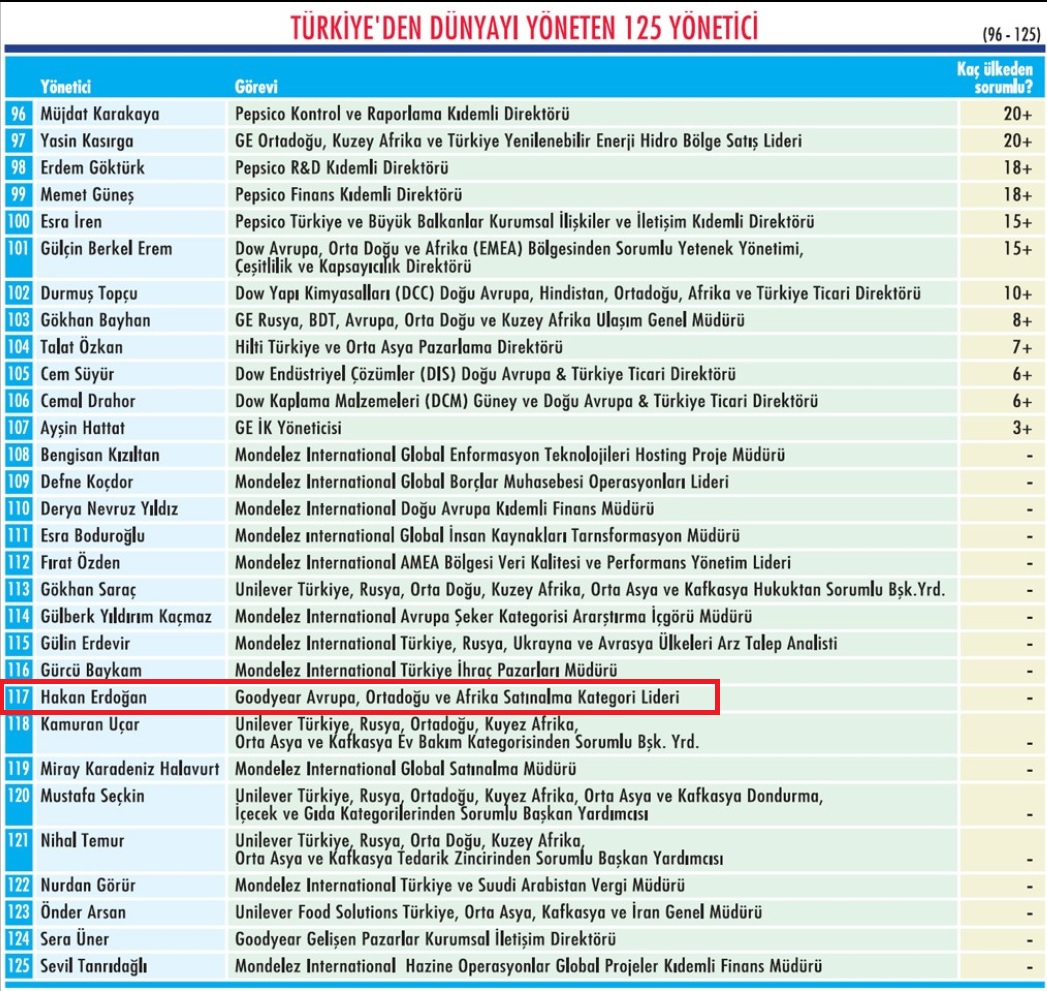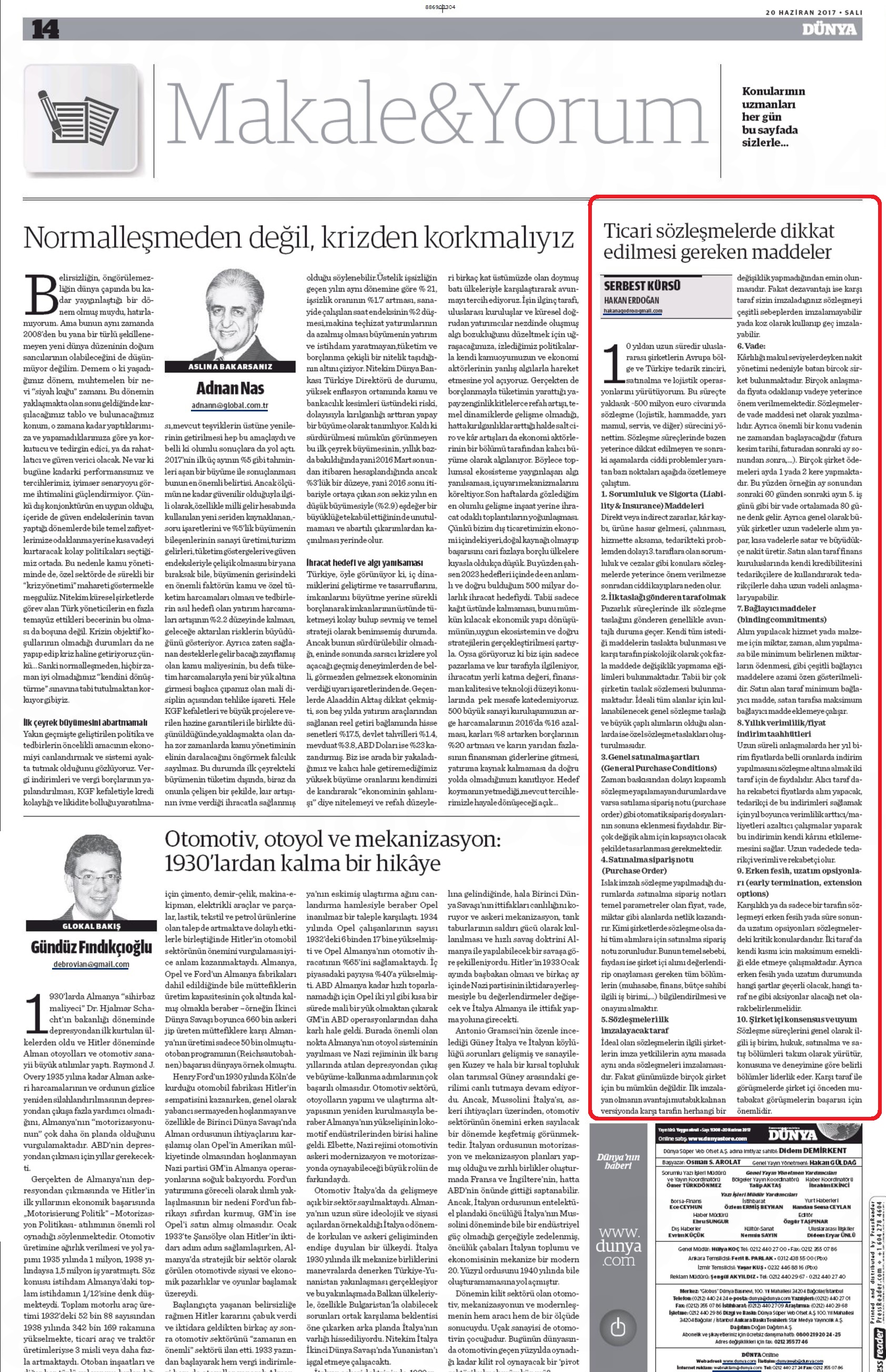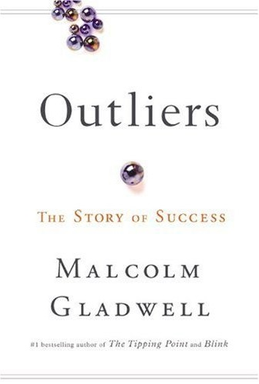
Challenges & Opportunities Driving Supply Chain Strategy’’ in PSA BDP International 2022 Supply Chain Summit in İstanbul


A recent article from Turkish Economist magazine:
http://www.ekonomist.com.tr/kapak-konusu/turkiyeden-dunyayi-yonetenler.html

20 Haziran 2017 Dünya Gazetesindeki Yazım: (My article in Dünya Newspaper, which is #1 Business and Economics Newspaper in Turkey)
https://www.dunya.com/kose-yazisi/ticari-sozlesmelerde-dikkat-edilmesi-gereken-maddeler/368636

I am managing supply chain, procurement and logistics operations of multinational companies in Europe and Middle East Africa Region for more than 10 years. During this period I finalized more than 500 million euro worth of contracts (logistics, raw materials, service, products,..). While negotiating contracts I have observed, experienced many points which are not given enough attention and created significant problems later on. So here is the checklist I created for commercial contracts:
Here are some brief notes & statistics on some aspects of Turkish economy & business:
Wealth Inequality:
86 thousand, 0.13 % of the bank accounts in Turkey has 51% of the all the deposits. Number of millionaires increased by %12 in the first half of 2015.
Another statistics in wealth inequality area is from Research Institute on Turkey. In 2014, richest 1% has 54.5 % of the total wealth in Turkey.
Taxes:
2014 total tax income of the government was 401.6 billion TL, below there is the breakdown by the sources:
http://www.gib.gov.tr/sites/default/files/fileadmin/user_upload/VI/CVI/Tablo_63.xls.htm
2013 full year income tax by professions who pays taxes by declaration (self-employed):
http://www.gib.gov.tr/sites/default/files/fileadmin/user_upload/VI/FGGOVB/faaliyetgrp2013GV.xls.htm
*Minimum wage workers paid ~1600 TL tax in 2013.
Consumer Credit:
As of Sept 2015, consumer credit in Turkey is 280 billion TL. Out of this number 129 billion real estate, 144 billion is consumer loan and 5 billion is for vehicles.
Housing Sector
Housing is probably most important investment or cost item for most families. Prices are going up significantly for many years and many wonder if it will continue or not. Here are some figures:
TL v.s. Foreign Currency Bank Accounts:
Due to high historical inflation rates, Turks are accustomed to hold foreign currencies. At the moment, total value of foreign currency account deposits (185 billion $) in Turkey is %44 of all the deposits, one year before it was % 37.
Uncovered Cheques:
In the first 8 months of 2015, 15 million cheques with total value of 429 billion TL presented to the banks. Among them 490 K was uncovered, with a value of 17.6 billion TL.
Unemployment:
As of July 2015, there are 2.91 million unemployed in Turkey according to Turkish Statistics Institute. Among this number 718 K is university graduate and within that 502 K is younger than 30 years old. There is total of 6.27 million university graduate in Turkey, so unemployment with university graduates is %11.4 (gender-wise men 7.7%, women 17%)
Starting from ancient times there were many thinkers and theories in the history of economic thought. The first modern school of economic thought is generally considered as Classical Economy (1776 – 1870). Starting with Adam Smith main founders of classical economy are Jean-Baptiste Say, David Ricardo, Thomas Malthus and John Stuart Mill.
Free markets regulating themselves without any intervention by an “invisible hand” was the basis of classical economics. On the eve of the industrial revolution, Adam Smith’s book The Wealth of Nations, 1776, is usually considered the beginning of classical economics. Land, Labor and Capital, so called factors of production, were among the main discussions of classical economists.
In the classical economics, value of a product was thought to depend on the costs involved in producing that product. Then some economists began to emphasize the perceived value of a good to the consumer, which was the beginning of a new era, Neoclassical Economics (1870 -1940). Change to neoclassical economics can be called as “marginal revolution”, rise of the “economic man”. People having rational preferences, maximizing utility are main pillars of it.
Then, Keynesian Economics (1940 – 1960), supporting interventionist government fiscal policies (government investment in infrastructure) and central bank monetary policies (reduction in interest rates) to stimulate economic demand and growth, led by John Maynard Keynes, become mainstream economic thought. Neoclassical economics dominates microeconomics, and together with Keynesian economics forms the neoclassical synthesis which dominates mainstream economics today.
Milton Friedman advocated an alternative macroeconomic policy called as Monetarism, which become prevalent around 1960’s. Contrary to the Keynesian policies, Friedman argued that laissez-faire (free from restrictions) government policy is more appropriate than government intervention in the economy. Neutral monetary policy oriented toward long-run economic growth with gradual expansion of the money supply was the other main argument.
There are many other theories, schools of thoughts and great names in the history of modern economics. Paul Samuelson, Friedrich Hayek, Joseph Schumpeter, John Galbraith, Thorstein Veblen, James Tobin, Irving Fisher, Robert Solow, John Nash are among the other great names. Paul Krugman, Greg Mankiw, Daron Acemoglu, Steve Levitt will probably be shown in future lists. Finally, here are some quotes from Keynes & Friedman:
John Maynard Keynes:
“The long run is a misleading guide to current affairs. In the long run we are all dead.”
“If you owe your bank a hundred pounds, you have a problem. But if you owe a million, it has.”
“Markets can remain irrational longer than you can remain solvent.”
Milton Friedman:
“Many people want the government to protect the consumer. A much more urgent problem is to protect the consumer from the government.”
“Nothing is so permanent as a temporary government program.”
“I am favor of cutting taxes under any circumstances and for any excuse, for any reason, whenever it’s possible.”
Monthly Turkish business magazine Capital’s published its Turkey’s Biggest 500 companies list (for 2013) couple of months ago. Here are some of my findings out of that list:
Turkish Economy is forecasted to grow 3% for 2015 (IMF, World Economic Outlook). This is the same as current forecast for 2014 while global economy is forecasted to grow 3.3 % for 2014 and 3.8 % for 2015. As an emerging market with a young population it needs to grow faster.
Below there are the key factors that will effect Turkish Economy’s 2015 performance:
Thousands of years ago, the Toltec were known throughout Southern Mexico as “women and men of knowledge”. They were scientists and artists who formed a society to explore and conserve the spiritual knowledge and practices of the ancient ones.
Don Miguel Ruiz is a Mexican a surgeon who dedicated his life to sharing the wisdom of the ancient Toltec. The Four Agreements, his most successful book, was published in 1997 and sold around 5 million copies and translated into many languages.
The main idea of the book is, by utilizing the four agreements, freeing ourselves from beliefs and promises that we made with ourselves and others which are creating needless suffering and limiting us.
The back cover of the book provides a short summary:
The book is quite short and easy to read. I actually got it from colleague in the office and read in one night. The concepts and ideas of the book will sound similar to what you already know, nothing really surprising or new. Nevertheless, these four points are really key advises that we should all remind ourselves from time to time. Think about your work environment: Does everyone you interact, also yourself, behave in line with these four simple points? How much more efficient & effective your organization would be if everyone simply internalized these points?
So overall, I consider this book worth reading for presenting these four simple yet powerful points in a short and pleasant way.
“Success is a combination of ability, opportunity, time, luck, effort, family background and network.” This is would I say about this book if asked to summarize in one sentence. Outliers is a popular book written by Malcolm Gladwell in 2008. It was listed in the 1st place in bestseller lists in New York Times and a couple of other journals and in 2014, its Turkish translation listed as bestseller in popular D&R list.
We tend to believe that successful people (like Bill Gates, the Beatles,..) are all “self-made-men” and made it into the top with incredibly special abilities. This is partially true but it also depends on factors that are mostly beyond our control like being in the right time, place, having the right opportunities, having the right family and practicing a lot. The thing that is totally within our control is how much effort we put in, and the more effort we put in, the more likely that we will be successful. Throughout the book, Gladwell repeatedly mentions the “10,000-Hour Rule” that is practicing a specific task for a total of around 10,000 hours.

Some critics argue that the book is demoralizing and dispiriting due to linking success largely to factors outside our control yet what I took away from this book is mainly the concept of practicing “10,000-Hour Rule”. This is mainly because I found more similarities in my life story with that: Practicing hard, continuous effort for improvement in all aspects of my life, setting targets and trying strongly to reach them. Here are some of the inspiring lines that I highlighted while reading the book:
Outliers has plenty of striking examples of success stories and Gladwell’s explanations about them. In the end, it is the personal experiences and thinking mentalities of the readers that will shape what they will take away from this book.
In all of human history, there may never have been a better time to be alive. Worldwide, the average life expectancy is 71 years, more than double what it was in 1900. The material and cultural wealth we now have is unparalleled in the human history. We are, by historical standards, rich. But are we getting happier as we are getting richer?
One of the posts that I wrote earlier this year was named “Living in the Present Moment”. It was mainly a summary of the book named “Power of Now”, written by Eckhart Tolle, who is considered as one the most spiritually influential person in the world. “A new Earth”, based on which I will try to elaborate on happiness, is together with “Power of Now” his most popular book. (I would also advise watching his sessions with Oprah, simply write Oprah and Eckhart Tolle in google to find)
Here is a common concern for human beings (I personally think about and ask this question to myself from time to time):
“I don’t know exactly what it is, but I want some change in my life. I want expansion; I want to be doing something meaningful, something significant, something that makes a difference in the world. My fear is that I will remain stuck with doing little things for the rest of my life, things that are of no consequence. I am afraid of never rising above mediocrity, never daring to achieve anything great, not fulfilling my potential. What is my life’s purpose?”
“Making it” in whatever field is only meaningful as long as there are thousands or millions of others who don’t make it. The primary cause of unhappiness is never the situation but our thoughts about it. Thinking creates emotions, rather than being thoughts and emotions, be the awareness behind them. Happiness, cannot come through any form, possession, achievement, person, or event – through anything that happens.
People believe themselves to be dependent on what happens for their happiness. They don’t realize that what happens is the most unstable thing in the universe, it changes constantly. Internal align with what happens, not label them as good or bad, but let them be as they are. Only if you resist to what happens you are at the mercy of what happens, and the world will determine your happiness and unhappiness.
A powerful spiritual practice is consciously to allow the diminishment of ego when it happens without attempting to restore it. When someone criticizes you, blames you, or calls you names, instead of immediately retaliating or defending yourself – do nothing. Allow the self-image to diminish. Then you may feel intensely alive. You haven’t diminished at all. Through becoming “less” you become “more”.
True happiness is often found in the simple, seemingly unremarkable things. Most people, in their restless search for something significant to happen to them, continuously miss the insignificant, which may not be insignificant at all. As Nietzsche says “for happiness, how little suffices for happiness!”